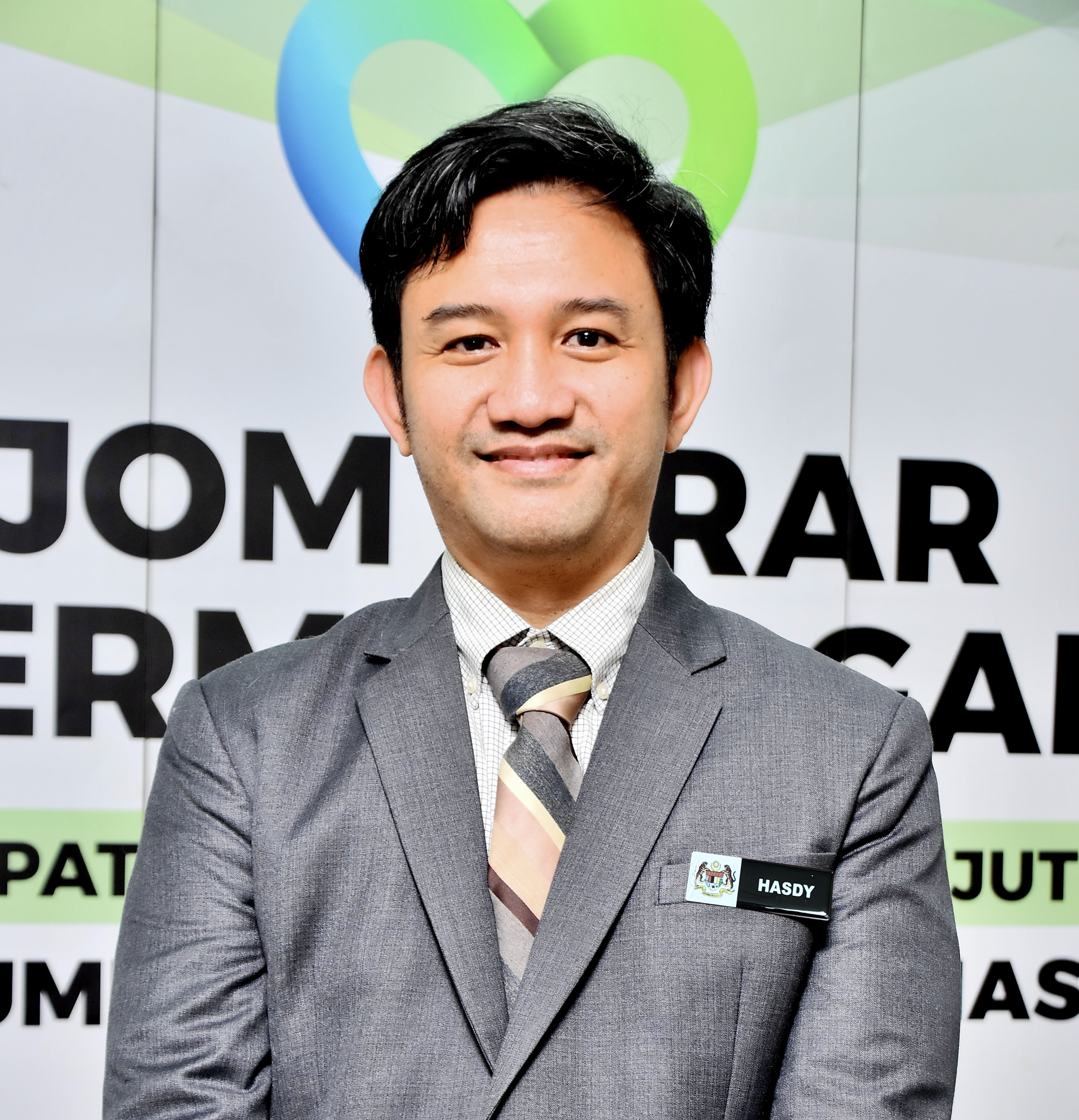
Deceased organ donation activity in 16 focus hospitals in Malaysia: A retrospective 2024 analysis
Hasdy Haron1.
1Clinical Operation, National Transplant Resource Center, Kuala LUmpur, Malaysia
Introduction: Malaysia’s deceased organ donation program began in 1997 with the establishment of the National Transplant Resource Centre. Since then, 16 Ministry of Health hospitals have been designated as focus centres for organ procurement. Major policy enhancements in 1999, 2008, and 2019 have aimed to strengthen these efforts.
Objective: This study analyzes deceased organ donation activities in 2024 across these 16 hospitals, focusing on key performance indicators in line with international standards.
Methods: Monthly reports from January to December 2024 were reviewed and analyzed. Data was sourced from the Organ Procurement Management Unit and categorized to assess performance trends.
Results: In 2024, the overall conversion rate from potential donor referrals to actual donors was 5.7%. Hospital Melaka led with a 19.2% success rate, while several hospitals reported no donations. The brain death certification rate was low at 27.3% (155 out of 568 suspected cases), with marked variation: 70% in Hospital Melaka, 53.6% in Sungai Buloh, and only 9.4% in Kuala Lumpur.
Family engagement was another major hurdle. Of 1,266 potential donors, only 749 (59.2%) had family approaches. The refusal rate was high at 89.5%, with Kota Kinabalu showing the highest refusal (94.4%) and Ipoh the lowest (76.9%). The overall consent rate stood at 10.5% (79 out of 749). Seremban (19.4%) and Melaka (22.1%) showed higher success in securing consent. Among actual donors, only 56.9% resulted in successful organ recovery, with Seremban achieving 91.7%.
Conclusion: Despite the program’s maturity, the national conversion rate of 5.7% highlights significant room for improvement. Disparities in brain death certification rates and high family refusal rates reveal gaps in clinical capability, family education, and cultural engagement. Hospitals such as Melaka and Seremban demonstrate that improved training, family approach strategies, and localized interventions can lead to better outcomes. To strengthen Malaysia’s organ donation framework, standardized training in brain death determination, enhanced communication strategies, and targeted hospital-level improvements are critical.
National Transplant Resource Center. Ministry of Health Malaysia.
[1] Brain death test
[2] family approach rate
[3] Consent rate
[4] Actual donor
[5] Refusal rate
[6] Conversion rate